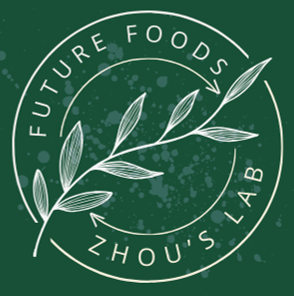In vitro food digestion model (2023-Now)
Introduction
Understanding the gastrointestinal fate of food components is crucial for evaluating their nutritional value and health benefits. My research focuses on using a rapid in vitro INFOGEST digestion model to simulate the dynamic conditions of the human gastrointestinal tract, allowing detailed analysis of how food components behave during digestion. This approach enables the assessment of the gastrointestinal stability, bioavailability, and absorption of nutrients, such as lipids and bioactive compounds. By integrating advanced analytical techniques such as chromatography and mass spectrometry with computational simulations like molecular dynamics, my work will provide valuable insights into the interactions between food components and digestive enzymes, as well as their gastrointestinal absorption and associated health effects. This research not only enhances our understanding of food digestion but also facilitates the development of future foods optimized for improved nutritional efficacy and health outcomes.
Figure 1. The in vitro digestion model for monitoring the gastrointestinal fate and nutritional impact of food components.
Reference
Zhou, H.‡; Tan, Y.‡; McClements, D. J. Applications of the INFOGEST in vitro digestion model to foods: A review. Annual Review of Food Science and Technology 2023, 14 (Volume 14, 2023), 135-156. DOI: https://doi.org/10.1146/annurev-food-060721-012235. Link
Wang, M.; Gong, X.; Zhou, H.* Sustainably derived turmeric nanoparticles enhance gastrointestinal bioavailability of curcumin. Food Research International 2025, 219, 117122. DOI: https://doi.org/10.1016/j.foodres.2025.117122. Link

